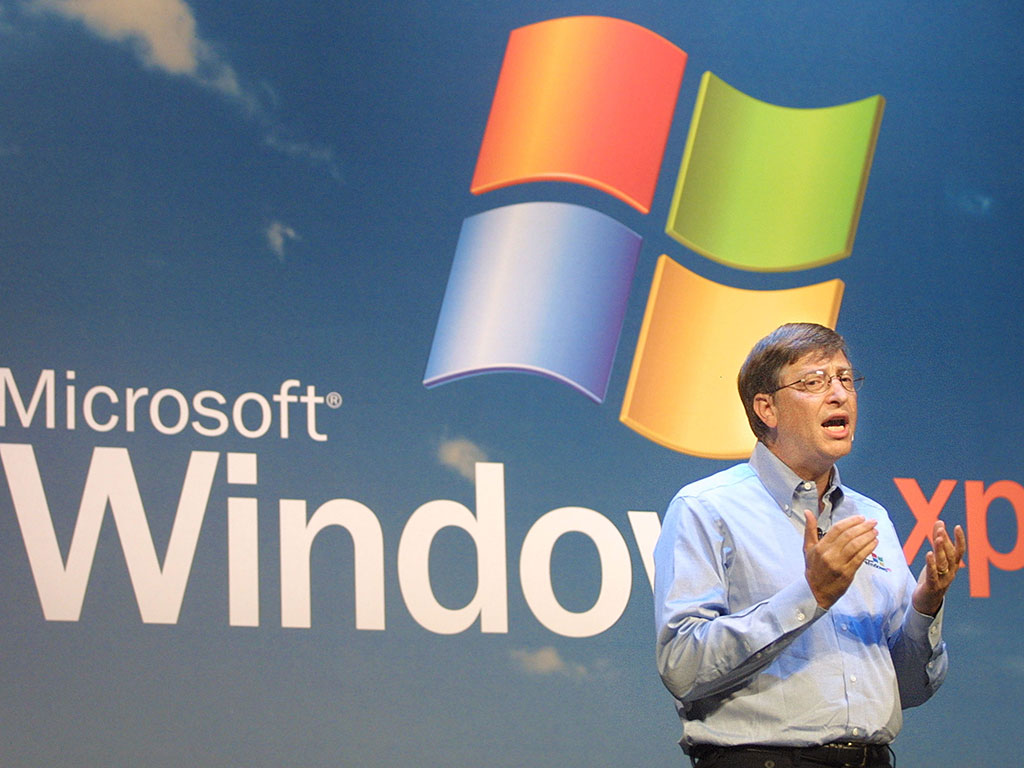Microsoft to retire Windows XP support despite high user rates
Microsoft has announced that they will end XP, which has served to frustrate consumers and businesses that are left with no option but to upgrade

The Windows XP Operating System is estimated to be installed on a third of computers, but despite this high user rate Microsoft is cutting off support. Not all customers may be forced to upgrade, however, with several cyber security firms promising to continue servicing the system
A monumental 12 years after it first entered onto the computer scene, Microsoft has announced the retirement of its aged Windows XP operating system, which will come into effect as of April 8, in what appears to be an incredibly bold move on the part of the computer giant.
“Now the time has come for us, along with our hardware and software partners, to invest our resources toward supporting more recent technologies so that we can continue to deliver great new experiences,” reads the related Windows helpdesk extract.
The absence of Windows XP support has rattled a fair few consumers, who have grown accustomed to the operating system over the years
“If you continue to use Windows XP after support ends, your computer will still work but it might become more vulnerable to security risks and viruses. Also, as more software and hardware manufacturers continue to optimise for more recent versions of Windows, you can expect to encounter greater numbers of apps and devices that do not work with Windows XP.”
The move marks an emboldened commitment to Microsoft’s later operating systems, despite the 2001 iteration still being installed on a third of all computers today. Of the OS versions released since, only 2009’s Windows 7 has caught on in quite the same with consumers, and is currently installed in just shy of half of all PCs. In stark contrast, Windows Vista is installed on under four percent of computers, and marked a failure on the part of Microsoft to replicate XP’s success six years on.
The absence of Windows XP support has rattled a fair few consumers, who have grown accustomed to the operating system over the years and now appear reluctant to do away with it quite so abruptly. XP enthusiasts, however, are not without their comforts, with various cyber security firms promising to uphold their support of the age-old system. Malwarebytes, for one, has pledged to extend its support for XP users, who together make up approximately 20 percent of its user base.
Apart from aggravating individuals, businesses will also be especially frustrated at being forced to transition to a later OS, and, what’s more, cyber security firms will be loaded with a greater workload than they were previously, as they attempt to patch an unsupported system.













